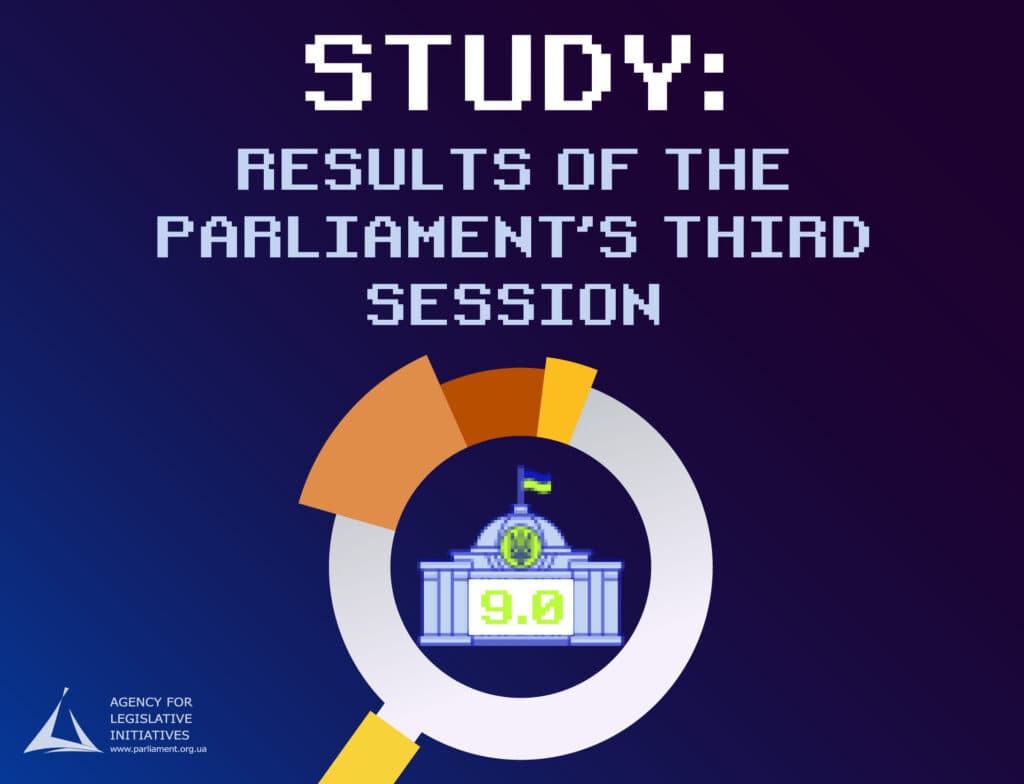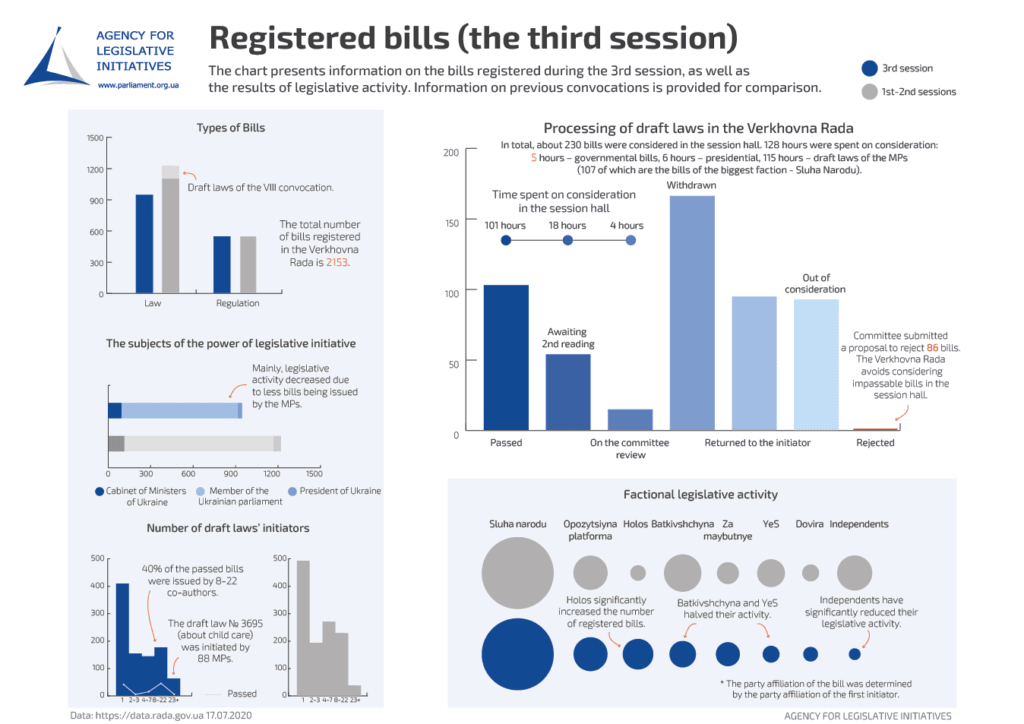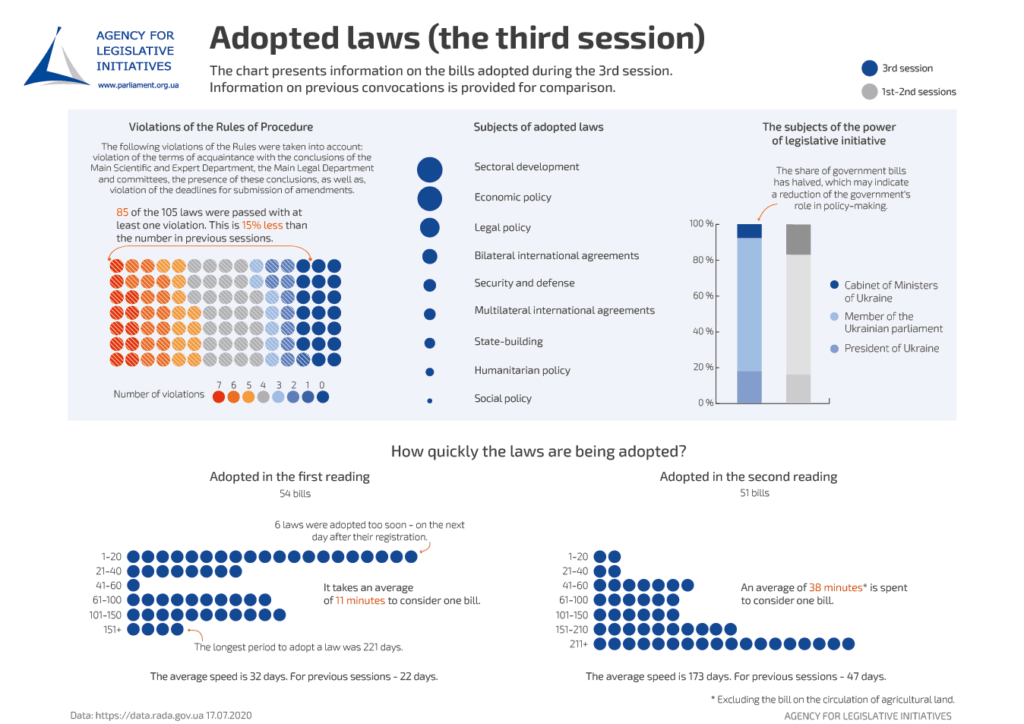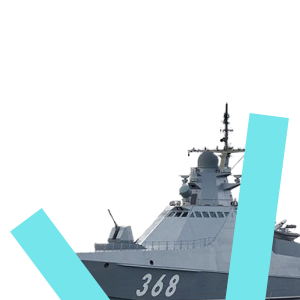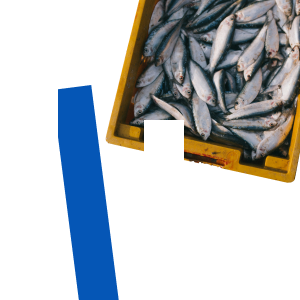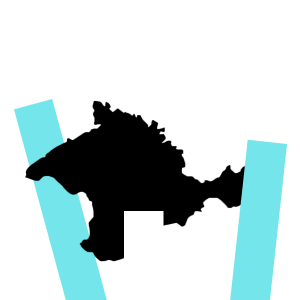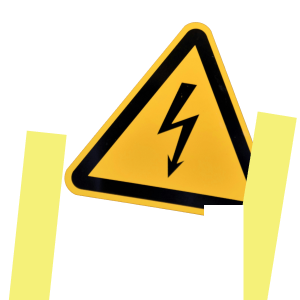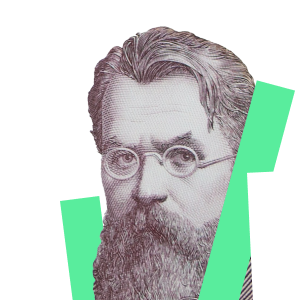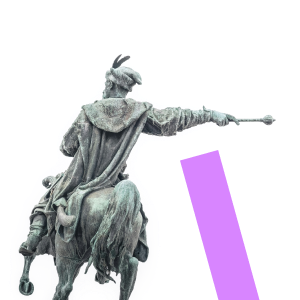The monitoring was conducted based on the open data of the Verkhovna Rada of Ukraine.
The third session of the Verkhovna Rada: What has changed in the work of the parliament?
Agency for Legislative Initiatives continues to monitor the work of the Verkhovna Rada closely. So far, it appears that each session of the ninth convocation is as special as the seasons of a good TV-show: the first lasted a bit over 13 hours; the second was the starting point of the work (and the beginning for each session is unique at the data level); the third session coincided with the coronavirus pandemic and quarantine restrictions, which brought its adjustments to the plans of the Verkhovna Rada. Considering this, we tried not to focus on the comparative analysis of sessions (particularly during the same period of the Verkhovna Rada of the VIII convocation). Still, in some cases, where appropriate, we concluded the possible dynamics.
During the third session, 946 draft laws were registered. 105 laws were adopted.
The number of draft laws registered during the third session is 13% less than in the first two sessions. Besides, we want to recall that during the first two sessions of the ninth convocation, almost a third fewer draft laws were registered than during the same period of the eighth convocation. This indicates the tendency to reduce the “legislative tsunami”. However, along with the decrease in the number of parliamentary draft laws, the number of registered government and presidential draft laws has decreased over the past six months. And such a synchronous reduction can be explained by a long socio-political lockdown during the strict quarantine.
The only political faction that has significantly increased the number of its registered draft laws is Holos. Such a strategy may have some results, as a total of 3 hours were spent on their draft laws in the session hall. And this is three times more than the time spent on draft laws of other parliamentary factions and groups that are not the Sluha narodu faction.
Consideration of draft laws in the session hall is mainly concentrated around the MPs’ draft laws. 107 out of 115 hours of parliament’s sittings were dedicated to the draft laws of the Sluha narodu faction. Government draft laws took just over five hours.
The Verkhovna Rada avoids considering impassable draft laws. During the 3rd session, only one draft law was rejected due to the failure to overcome the President’s veto. In terms of efficiency, in the sense of passing draft laws, it makes sense. At the same time, there are risks associated with weakening the political discussion. The committees issued unsatisfactory conclusions on 86 draft laws (2 of them on government draft laws). There is a trend: the committee’s conclusions to reject become a sufficient reason to stop further consideration of the draft laws. And if in the case of parliamentary draft laws, this is an additional filter of legislative spam, then the consideration of government draft laws should not be stopped even because of the committee’s negative conclusion.
The share of draft laws considered in two readings has decreased. One of the positive aspects of the previous sessions was the increase in the percentage of draft laws that passed two readings – during the first two sessions such draft laws, 74% of adopted laws passed two readings (compared to 38% in the VIII convocation for the same calendar period). Unfortunately, during the 3rd session, their number dropped to 49%. We hope that this is a temporary measure related to the peculiarities of the work of the Verkhovna Rada during quarantine restrictions.
Draft laws that are taken as a basis and in general are slower to pass. In previous sessions, the draft laws adopted as a basis and became laws, on average, 22 days after registration. In the third session, this figure was 32 days. This trend is natural, as MPs gathered in the session hall with long breaks. It is also influenced by the fact that draft laws are often accumulated in the Verkhovna Rada, and their consideration does not always happen during one regular session.
Draft laws adopted in two readings are passed much more slowly. The average speed of adoption of such draft laws is 173 days. But the reason is not that the process stops after the first reading (between the first reading and adoption, on average, passes a little more than 40 days). Draft laws registered earlier are considered in two readings. To sum up, “fresh” registered draft laws are more likely to be passed in the first reading as a whole. And the draft laws, which have already been “lying down” for a while, will most likely be considered in two readings due to the need to update the draft laws under the political agenda.
The government loses its position in policy making. The share of adopted government draft laws is insignificant. Of the 105 laws passed, only 7 are government draft laws. Is this because the government has a weak position in policy-making, completely subordinate to the President’s Office? Or is it because the government does not see a need to be an independent player, instructing MPs to register the necessary draft laws? Both possible explanations are disappointing. During the first two sessions of the parliament, the share of approved government draft laws decreased significantly compared to the same period of the previous convocation of the Verkhovna Rada. There is a clear distortion of the constitutionally established system of checks and balances against the concentration of powers in one power entity in Ukraine. However, the tendency to weaken the government in the decision-making system contradicts global trends. You can read more about this in our article “The concept of the legislative process “from beginning to end”.
In addition to these trends, identified based on monitoring and analysis of open data of the Verkhovna Rada, it is worth noting a significant change in the work of parliament during the 3rd session. In particular, it is about the changes to the Rules of Procedure – implementation of a special procedure for draft laws’ consideration in the second reading, which is positioned as a mechanism “to counteract the abuse of MPs’ rights during the legislative procedure”. You can read more about these changes, their consequences and the problem of parliamentary obstruction in general in another article of Agency.
